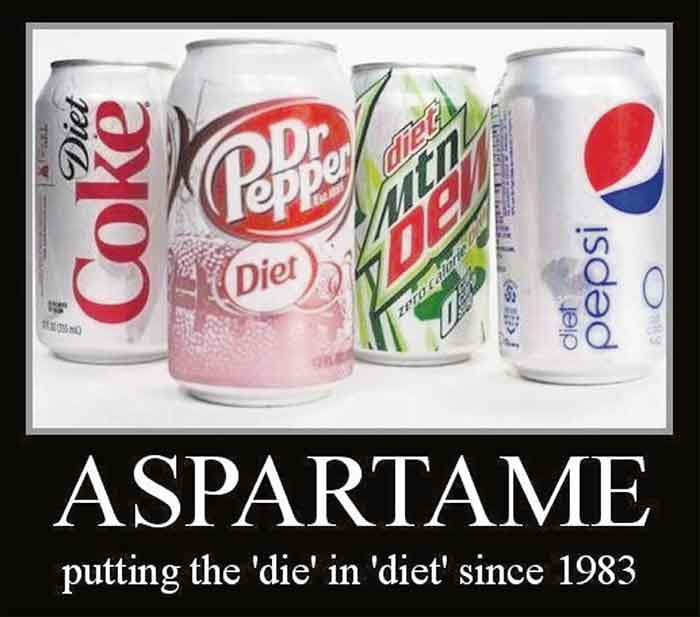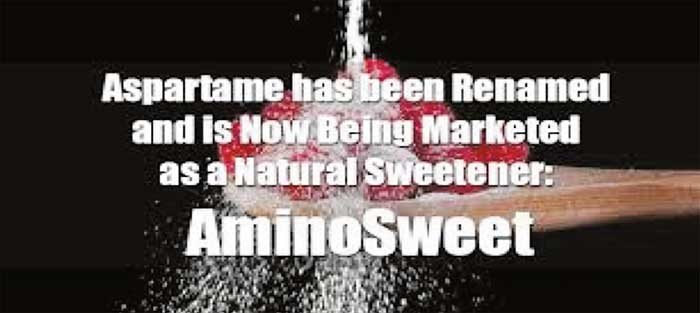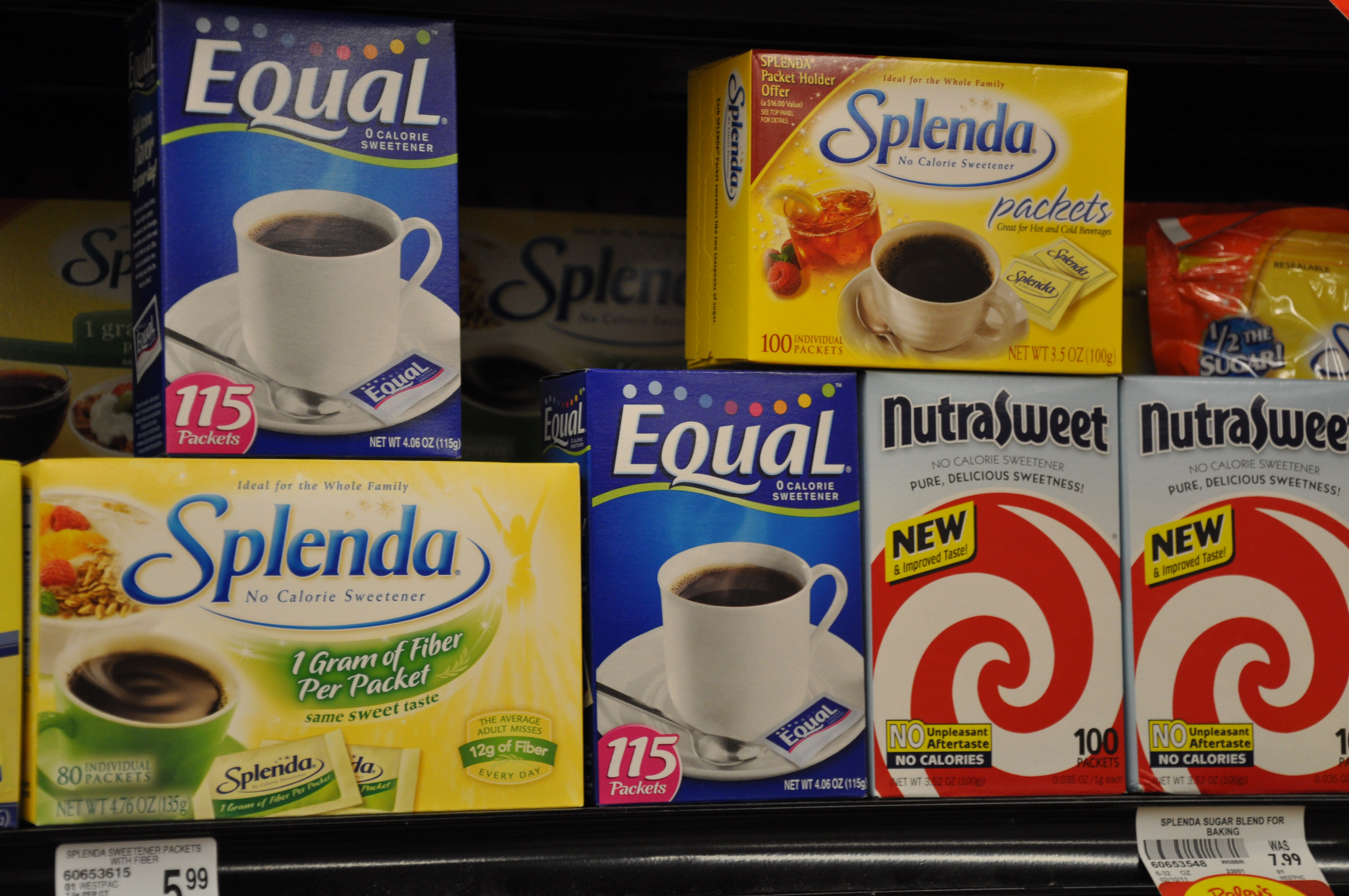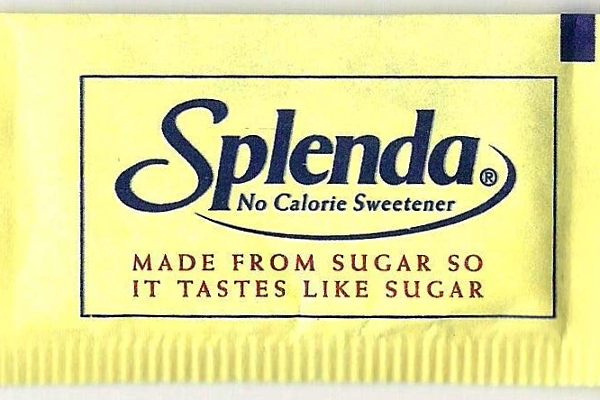
Aspartame is a nasty chemical that’s sold as a zero-calorie healthy sweetener. But did you know that it’s technically not calorie-free? Not a lot, only about 4 calories per gram. [1] That isn’t a lot, and it’s not a big deal. But it’s one weird fact you probably didn’t know about aspartame. Let’s take a look at a few other points about aspartame that rarely get discussed. 1. Aspartame is Made from Bacteria Poop The chemical aspartame is made from the waste product of E. coli bacteria. To be blunt, it’s made from bacteria poop. As if that’s not bad enough, the poop is then benzylated and hydrolyzed, and the result of that process is then methylated and debenzylated. [2] Are your eyes crossed from […] Read More








